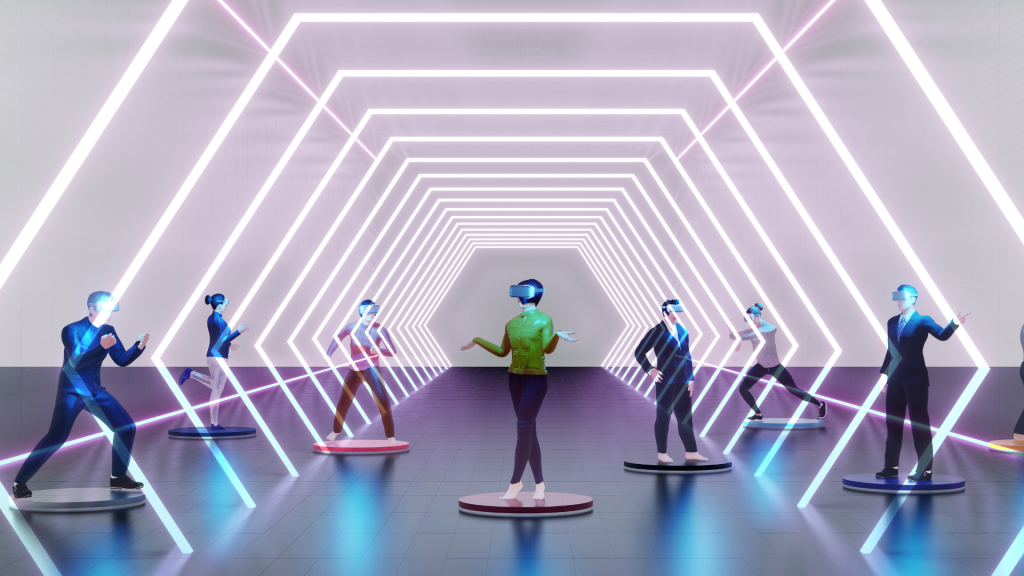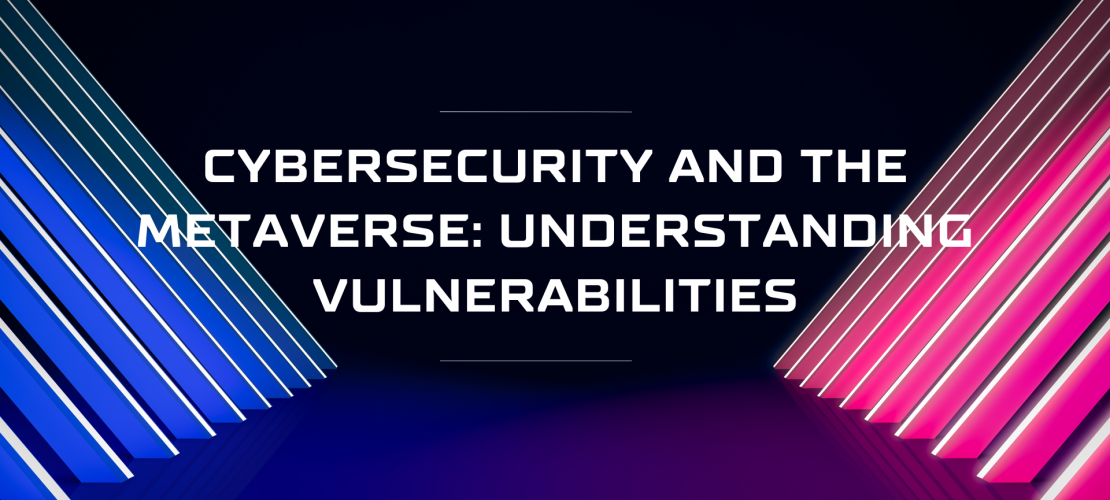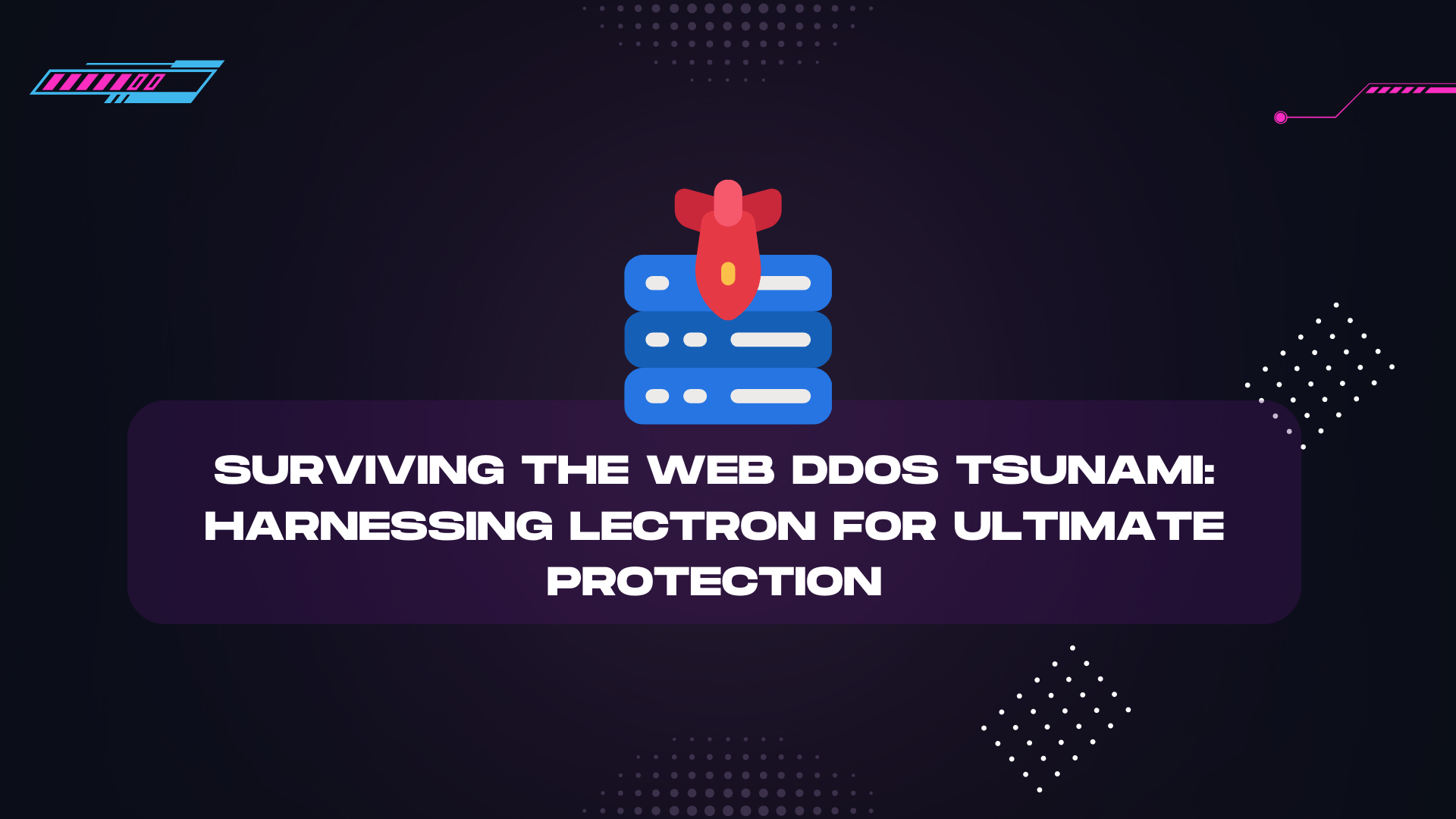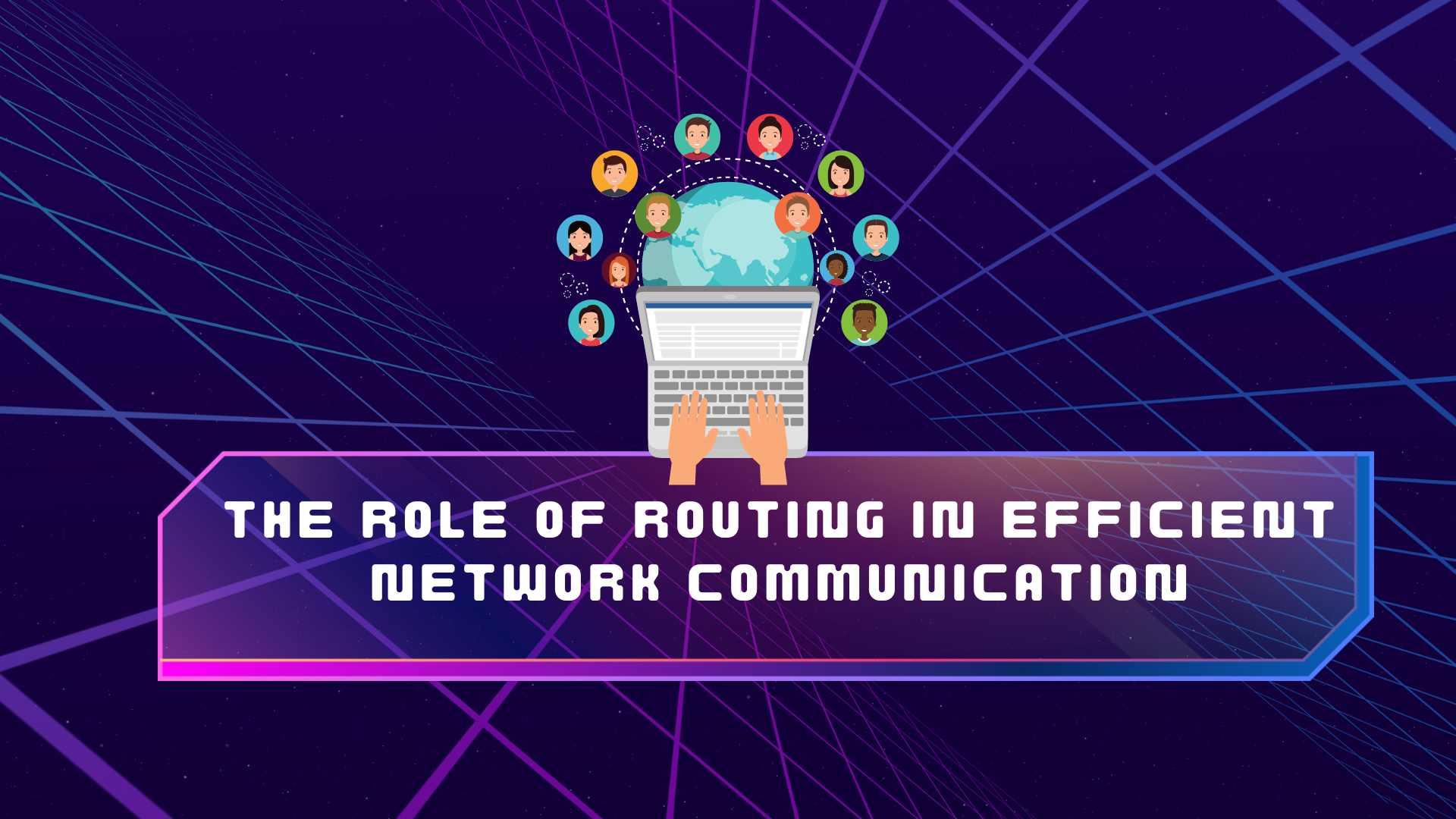As you’re scrolling through your myriad social media platforms, or just jumping online for a bit to read reviews of the new restaurant that just opened up down the street, keep in mind that reviews are always valuable when it comes to rating and ranking businesses so that other customers can know what they’re getting into. The same goes for shopping online-just make sure to do your research. Well, things are changing quickly!
This shift in mindset has been happening for a while now and it’s expected that social media will be different this year. One of the ways this is already happening is with Zuckerberg renaming Facebook to “Meta.” Microsoft’s acquisition of the gaming company Xbox is a signal that they are transitioning to the future as well. The $70B purchase of Activision Blizzard is one step in that direction. Even iconic fashion house Ralph Lauren has created virtual clothing & accessories.
Software and tech companies are leading the way towards new economic opportunities and exciting changes, with more innovation coming soon.
The “Metaverse” is a confusing term if you’re not totally sure what it’s all about. It’s that virtual world in the future where we’ll spend more time, so let’s make sure you know what it is before ‘The Matrix’ happens.
What is the metaverse?
The metaverse is a virtual version of the internet which uses AR and VR to create a world that’s more immersive than the one we live in now. VR is kind of like the internet – but one in which you can interact, move around and explore without a traditional screen.
The metaverse is an alternative to our reality, but one with all sorts of advantages. One example would be that there are no geographical constraints which means that your business can run smoothly even if you’re based in a completely different country.
The idea of a metaverse is not a new one. Many people have speculated about the possibility of connecting computers together in order to create an alternate reality that allows us to explore the world from any point of view. A large concern, however, is that this technology could be used to spy on unsuspecting civilians.
Sounds great, right? But please don’t forget that there may be a downside – experts predict the metaverse will amplify today’s cybersecurity challenges. It will also introduce new risks, such as those surrounding privacy and how we handle sensitive information.
Research shows that cybersecurity threats have been rapidly and dramatically increasing, rising by an average of 50% or more year on year. Recent statistics show that cybercrime is set to cost $10 trillion in annual costs by 2025, and the most common target industry is likely not finance or commerce. Other key industries are under attack from hackers.
As enhancements like VR and the metaverse grow, experts warn the implications of virtual crime will only worsen. Already, it’s a huge problem to address but these trends suggest that it’ll only get worse.

Protecting your identity
The metaverse is a virtual reality that requires avatars to function. Every user creates their own temporary avatar which they can use to explore the virtual world. Ostensibly, this avatar will be both unique and secure, which will allow the real person it represents to use their personally identifiable information (PII) and other sensitive information to make purchases, do work or even receive healthcare.
The AI avatar also allows you to work virtually, which means you can connect and collaborate with clients in addition to colleagues.
The concern, however, is that because the avatar is, fundamentally, the skeleton key to your private offline information – from your information to your financial accounts – if a hacker gains access to your avatar and you are negligent enough not to have adequately secured it from theft or other threats then they can open the door. This will take identity theft to a new, unprecedented level.
The digital version of your identity, the avatar, can also be subject to malicious hackers. For example, if they hijack your avatar then they may get away with things like online fraud or identity theft that can ruin relationships and corrupt your reputation.
There are many ways to ensure that your identity is not taken over by another person. One way is the “deepfake” technique, in which people are able to digitally represent themselves as someone else on the internet. There are already deepfake videos of celebrities & ordinary citizens posted online and it is nearly impossible to tell whether or not it is the real person.
NFT and crypto scams have been reported
In the future, people will have their own currency. Some of these currencies are crypto like Bitcoin while others are items (NFTs). While not technically money, cryptocurrencies and NFTs can be accumulated, exchanged and spent in the same way as fiat currency. You can buy them with regular money or trade goods and services influenced by the metaverse.
Just like the physical world, scammers will flock to anything of value – in this case, the internet. The underlying issue is that we are still at the early stages of online behaviours, which makes it all too easy for people to exploit and scam others. Recent research shows that the amount of cryptocurrency lost to fraudsters in 2021 reached up to $14 billion.
The Hyperverse scam, for example, offers ticket buyers the opportunity to buy NFTs that can be used in the metaverse at a later date. If you’re interested in buying tickets to an event, there are lots of different choices out there.” The event was widely promoted, not only on the digital platforms but also on traditional and social media. There is so far no evidence to show *whether* or to what extent any of these heavily promoted events ever actually occurred.
With an ever-increasing number of thefts happening in the metaverse, it is becoming harder for law enforcement to identify the culprits. This is because blockchain technology has no centralized records- once a transaction has gone through, all details are eradicated and this decentralized system means.
Biometrics and data hacks are becoming more common
One of the most concerning cybersecurity threats in virtual spaces is biometric hacking – because the metaverse functions through VR/AR, users may need to wear VR headsets and other VR/AR technologies, which can make them vulnerable to hackers.
These may be used for biometric identification, such as through iris scanning. Critics are wary about the security of biometric data and its usage, owing to hacking incidents that may provide hackers access to private information about the end user’s medical status and other sensitive accounts.
This is an understandable concern given that entities such as Facebook are infamous for the way their data collection policies emerged in the past. For example, critics of Meta argue that if a company like Meta has access to a lot of biometric data on it’s end-users, then those data archives may be hacked or, worse, sold without the end-user’s consent.

The importance of safety
The immersive environment of the metaverse can put end users’ physical safety in the offline world at risk too. For example, if a hacker takes control of someone’s account, they might be able to manipulate what their avatar sees and hears without you noticing.
However, there’s a lot of crossover between the metaverse and the real world for those who explore it. When people are inside of VR, they can become disoriented or lost because their physical body is no longer where it’s at in the real world. A hacker can tamper with the metaverse environment so that while you’re using it your body is responding but you’re actually not in control and instead are completing actions that are predetermined. This could even lead to serious situations, such as hackers manipulating you into walking in front of traffic or down flights of stairs.
This can be a particular concern for parents of gamers, who might not want them to game outside of the metaverse. Fortunately, it’s possible to monitor their gameplay as long as they project the game onto the family television.
What’s the takeaway?
The internet and the related technologies it ushered in promised to create a new era and change the way we do everything – and they thankfully have. Some of these changes are even more profound than others, but all of them are impressive. However, hacks or other cyber attacks targeting the metaverse are very possible and, as such, it is essential that all entities involved understand the risks and do their best to protect themselves.




